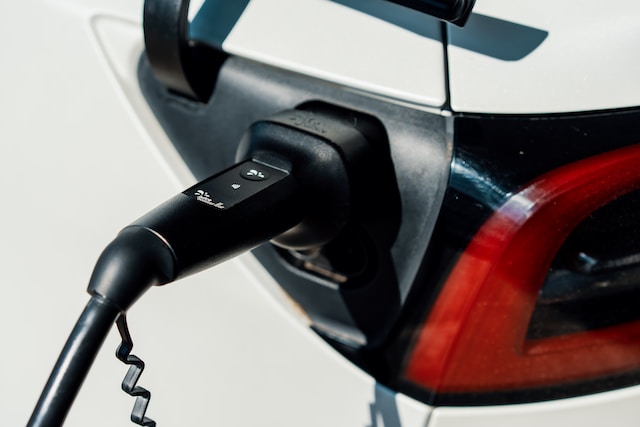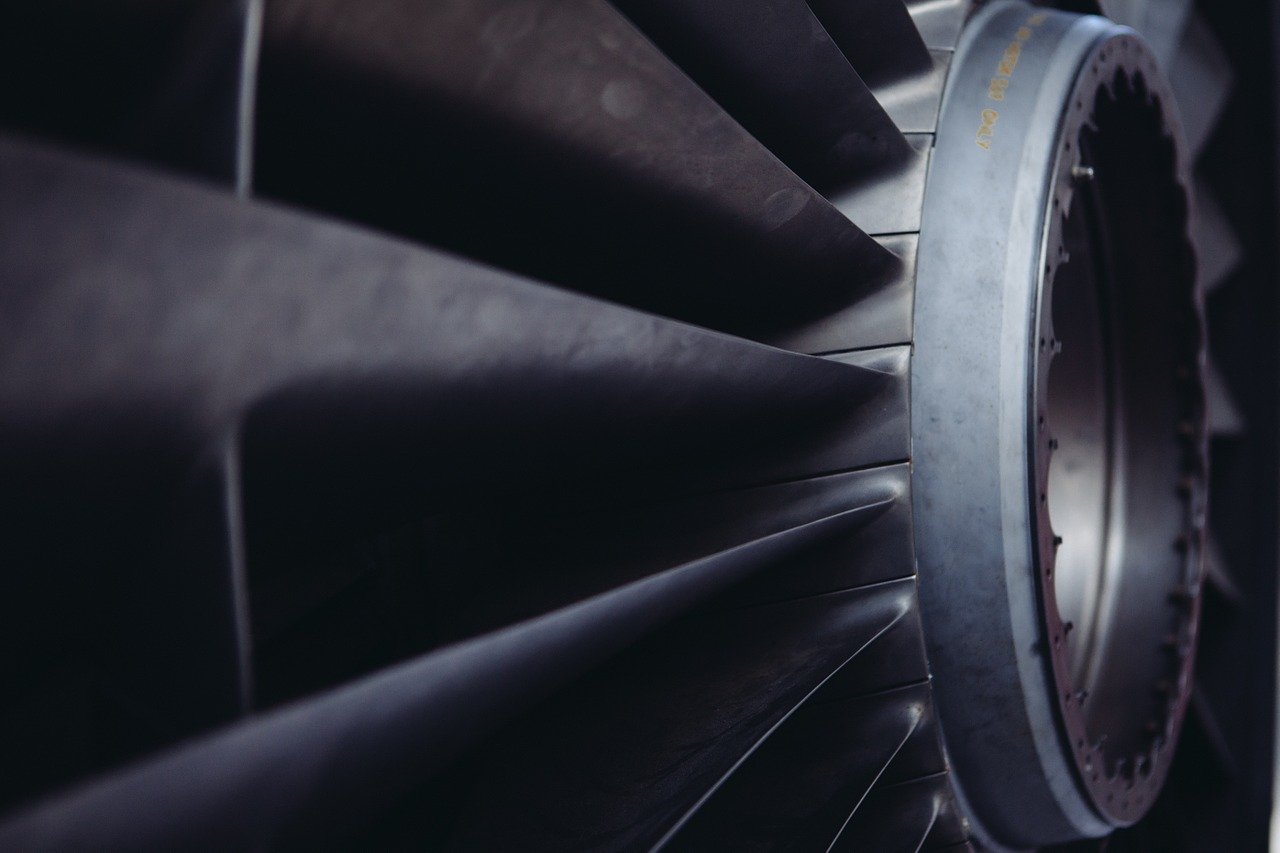With the growing demand for clean, efficient, and sustainable power solutions, lithium-ion cells have emerged as the frontrunners in the race toward a greener future. Among the innovative efforts in this field is the recently formed European project called “IntelLiGent.”
The recently formed European project called “IntelLiGent” is focused on the creation of cutting-edge and environmentally friendly lithium-ion batteries for future all-electric cars. The project intends to industrialize these sophisticated battery technologies and get them to a mature state for the market.
The Austrian Institute of Technology (AIT) released a statement that InteKuGent combines the expertise of various European partners to allow high-performance and inexpensive batteries for all-electric cars used in the future.
The numerous project’s aims are centered on issues like energy density, quick charging capacity, and service life together with cheap manufacturing costs of batteries.
According to the researchers of IntelLigent, more EU citizens demand batteries for electric cars, necessitating the pursuit of inexpensive and environmentally friendly battery technologies.
The key data aimed towards sustainable and revolutionary battery cells is fairly aspirational. High-voltage electrode optimization should allow any high energy density of over 350 Wh/kg with charging currents of over 2C. As a result, a complete charging cycle, reaching 100% from 0%, should take under 30 minutes.
The service life of these batteries will be lengthened to over 2,000 cycles by stabilizing their boundary layers.
The researchers also say that translating sustainable, inexpensive manufacturing of these advanced batteries to an industrial scale will affect the manufacturing costs and environmental footprint of EV batteries in the future. Moreover, the decreased use of crucial raw materials is replaced by using cobalt-free cathode material.
Since the project’s eventual aim appears to be a cell with a multi-layered pouch, combining all these objectives in a cell will be extremely difficult.
According to David Dirnbauer, a researcher specializing in low-emission transport at AIT, the increasing people’s demand for battery-electric transport leads to significant difficulties that the battery-manufacturing industry has to face on multiple levels. He also stated that within the scope of IntelLiGent, they aimed to significantly contribute to cost-effective, resource-saving, and environmentally friendly battery manufacturing in Europe. The partners in this project include organizations from different European countries, namely AIT, Oxford University, Customcells, Vianode, SINTEF, E-lyte Innovation, and Empa.






